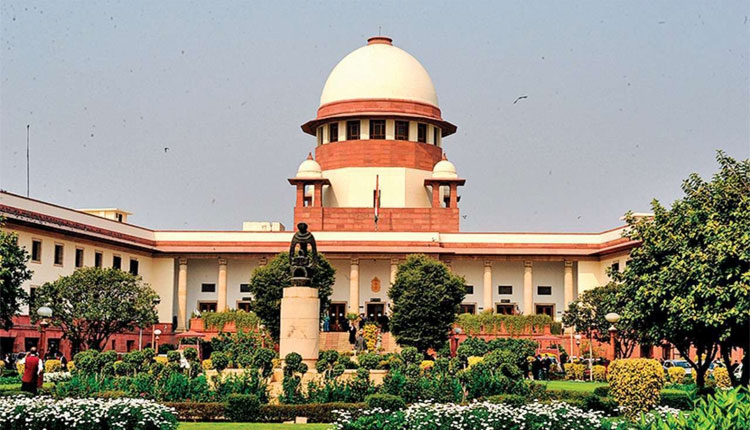New Delhi: In a significant ruling, a five-judge Constitution bench presided over by Chief Justice of India D.Y. Chandrachud upheld the constitutional validity of the President’s decision to repeal Article 370, which granted Jammu and Kashmir special status. The court found no malice in the abrogation and emphasised its temporary nature.
“Article 370 was a temporary provision,” the court declared. “Jammu and Kashmir holds no internal sovereignty distinct from other Indian states. The right to abrogate Article 370 lies in its intent to integrate Jammu and Kashmir into the Indian Union. While limitations exist on the Union’s power within states during the President’s rule, every decision made on behalf of the state under such a proclamation cannot be legally challenged. Such challenges could lead to chaos.”
The court further ruled that the central government’s decision to remove Article 370 from Jammu and Kashmir was free from discrimination or mala fide intention.
This judgement echoes the earlier verdict delivered by a five-judge bench headed by then-Chief Justice N.V. Ramana in 2020. The earlier ruling also declared Article 370 a temporary provision and confirmed Jammu and Kashmir’s integral status within India.
The court rejected the petitioners’ argument that the central government cannot act freely within the state under the president’s rule. It also dismissed claims that the central government lacked the authority to make any decisions during a proclamation under Article 356, which empowers the central government to impose President’s rule in states facing constitutional breaches.
Additionally, the court clarified that no element of sovereignty remained in Jammu and Kashmir following its accession to India.
The Chief Justice noted that the petitioners had not challenged the validity of the President’s proclamation in Jammu and Kashmir, rendering the issue irrelevant to the current case.
This landmark verdict signifies a turning point in the legal battle surrounding the status of Jammu and Kashmir. It paves the way for the state’s full integration into the Indian Union, a move that has elicited diverse reactions from the public.



Comments are closed.